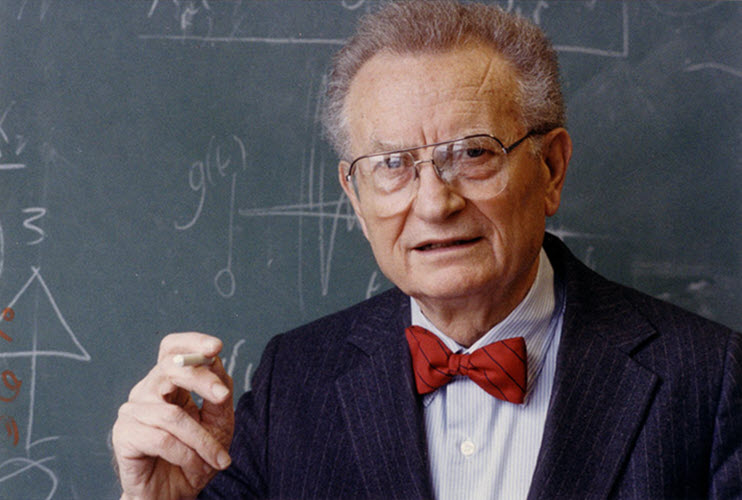Paul Samuelson: Shaping Modern Economics and Policy

Paul Samuelson (15 May 1915 – 13 December 2009) was an American economist who made significant contributions to the field of economics through his research and writing. He was awarded the Nobel Memorial Prize in Economic Sciences in 1970.
Life and Career
He was born on 15 May 1915, in Gary, Indiana. He attended the University of Chicago and earned his undergraduate degree in economics in 1935. He then went on to complete his Ph.D. at Harvard University in 1941.
After completing his studies, he taught at a number of universities, including the Massachusetts Institute of Technology (MIT) where he spent the majority of his career.
His most famous work is his book, “Foundations of Economic Analysis,” which was published in 1947. The book is considered a landmark in the field of economics, as it introduced new mathematical techniques that became widely adopted in the study of economics. He also wrote a widely-used economics textbook, “Economics: An Introductory Analysis,” which was first published in 1948.
He was also a fellow of the American Academy of Arts and Sciences and the Econometric Society. He died on 13 December 2009, in Belmont, Massachusetts.
Award and Legacy
He was awarded the Nobel Memorial Prize in Economic Sciences in 1970. He was recognized for his contributions to the development of economic theory, particularly for his application of mathematics to economic analysis.
His legacy is significant, as he played a key role in shaping the field of economics in the 20th century. He helped to establish economics as a rigorous scientific discipline, and his work laid the foundation for many of the models and techniques used in economics today. His contributions to the field continue to influence economic research and policymaking.
Observer Voice is the one stop site for National, International news, Sports, Editor’s Choice, Art/culture contents, Quotes and much more. We also cover historical contents. Historical contents includes World History, Indian History, and what happened today. The website also covers Entertainment across the India and World.

